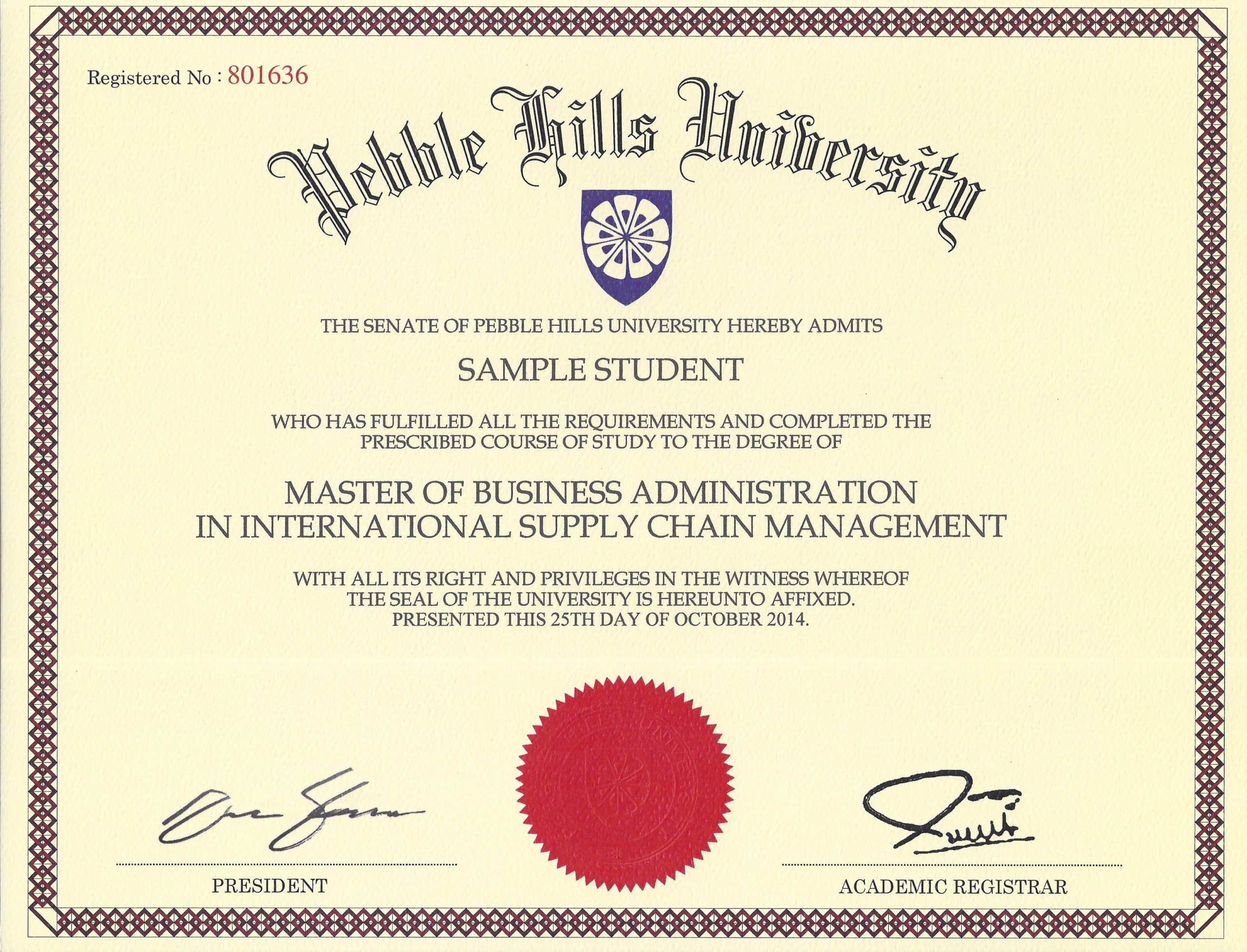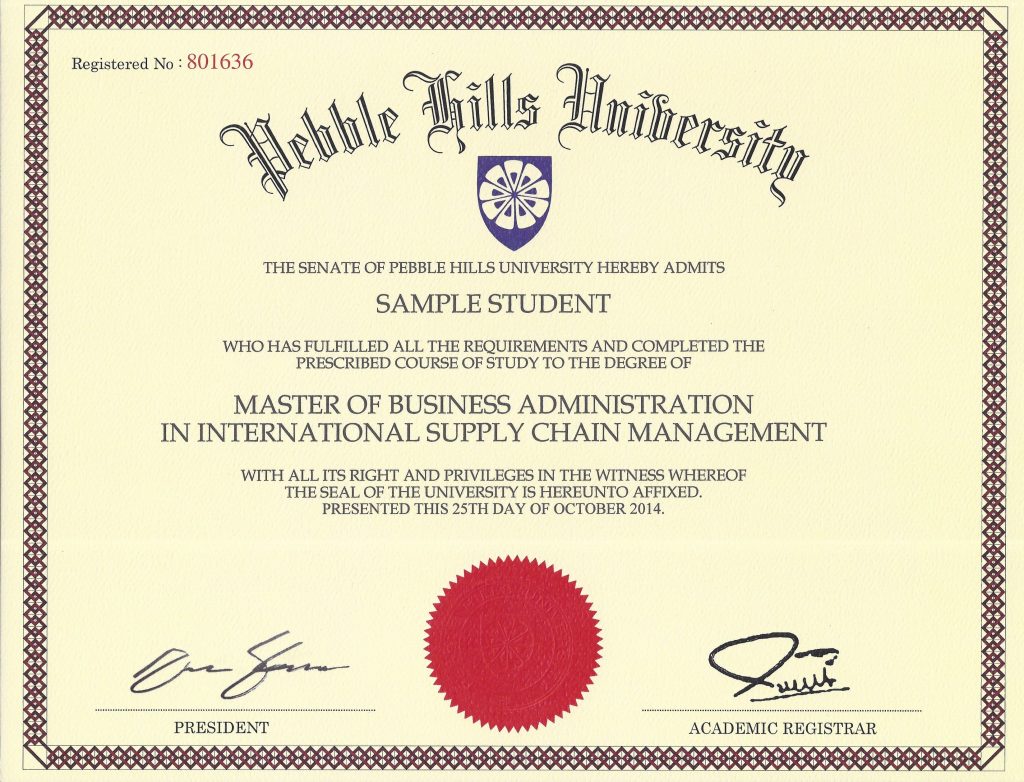Table of Contents
ToggleIf you are considering pursuing a master’s degree, you might be wondering what Types of Master’s Degree are available and which one is best suited for your academic and career goals. In this blog post, we will explore the different Types of Master’s Degree and the benefits and challenges of each one.
Why Is A Master’s Degree Needed In This Day And Age?
In today’s competitive job market and rapidly evolving industries, a master’s degree has become increasingly valuable and beneficial for several reasons:
- Advanced Specialization: A master’s degree allows individuals to acquire specialized knowledge and skills in a specific field. It provides a deeper understanding and expertise that can differentiate them from candidates with only a bachelor’s degree. This specialized knowledge is highly sought after by employers looking for candidates with advanced qualifications.
- Career Advancement: Many professions and industries require or prefer candidates with advanced degrees for higher-level positions. A master’s degree can open doors to managerial and leadership roles that offer increased responsibilities, influence, and potentially higher salaries. It can also provide a competitive edge when applying for promotions or career transitions.
- Enhanced Professional Skills: Master’s degree programmes often emphasize practical and applied skills relevant to specific industries. They provide opportunities for hands-on experience, internships, research projects, and collaborations with industry professionals. This practical exposure equips graduates with the necessary skills to excel in their chosen fields.
- Networking Opportunities: Pursuing a master’s degree exposes individuals to a network of fellow students, professors, alumni, and industry experts. These connections can be invaluable for career development, mentorship, job referrals, and access to industry events or conferences. Building a strong professional network can significantly enhance career prospects and open doors to new opportunities.
- Research and Innovation: Master’s degree programmes often involve research components that encourage critical thinking, problem-solving, and innovation. Engaging in research projects allows students to contribute to their respective fields, explore new ideas, and develop a solid foundation for future doctoral studies or research-oriented careers.
- Adaptability and Lifelong Learning: A master’s degree equips individuals with the ability to adapt to evolving industries and changing job market demands. The advanced knowledge and skills acquired during the programme lay the groundwork for lifelong learning and professional growth. This adaptability is crucial in a dynamic and competitive professional landscape.

Types Of Master’s Degree: Overview
A master’s degree is a postgraduate qualification that usually takes one or two years to complete. It is awarded after completing a course of study that involves advanced research, coursework, and sometimes a thesis or a project. A master’s degree can help you deepen your knowledge in a specific field, develop specialized skills, or prepare for further study at the doctoral level.
There are many types of Master’s Degree, but they can be broadly categorized into two main groups: academic and professional. Academic master’s degrees are focused on research and theory, while professional master’s degrees are designed to prepare you for a specific career or industry. Let’s look at some examples of each type.
Types Of Master’s Degree: Academic
Academic master’s degrees are usually awarded by universities or colleges and require a bachelor’s degree as a prerequisite. They are often named after the discipline or field of study, such as Master of Arts (MA), Master of Science (MS), Master of Philosophy (MPhil), or Master of Research (MRes). Some academic master’s degrees may have a more specific name, such as Master of Fine Arts (MFA), Master of Education (MEd), or Master of Public Health (MPH).
The main purpose of an academic master’s degree is to advance your knowledge and understanding of a subject and to prepare you for further research or teaching. You will typically have to complete a combination of coursework and a research project or thesis, which will demonstrate your ability to conduct original and independent research. You will also have to defend your thesis or project in front of a committee of experts.
Some Benefits Of Pursuing An Academic Master’s Degree Are:
– You can explore your passion and interest in a subject in depth and contribute to the existing body of knowledge.
– You can develop your critical thinking, analytical, and writing skills, which are valuable for any career.
– You can enhance your academic credentials and reputation and increase your chances of getting accepted into a doctoral programme.
Some Challenges Of Pursuing An Academic Master’s Degree Are:
– You may have to deal with high academic expectations and pressure from your supervisors and peers.
– You may have to balance your coursework, research, and personal life, which can be stressful and time-consuming.
– You may have to face limited job opportunities or lower salaries in some fields compared to professional master’s degrees.
Types Of Master’s Degree: Professional
Professional master’s degrees are usually awarded by professional schools or institutes and require a bachelor’s degree as a prerequisite. They are often named after the profession or industry they prepare you for, such as Master of Business Administration (MBA), Master of Engineering (MEng), Master of Social Work (MSW), or Master of Laws (LLM). Some professional master’s degrees may have a more general name, such as Master of Professional Studies (MPS) or Master of Studies (MSt).
The main purpose of a professional master’s degree is to equip you with the practical skills and knowledge you need to succeed in a specific career or industry. You will typically have to complete a curriculum that covers the core concepts and methods of your field, as well as elective courses that allow you to specialize in a particular area. You may also have to complete an internship, a capstone project, or a portfolio that showcases your work.
Some Benefits Of Pursuing A Professional Master’s Degree Are:
– You can gain relevant and marketable skills that employers value and demand.
– You can increase your earning potential and career prospects in your chosen field.
– You can network with professionals and peers who share your interests and goals.
Some Challenges Of Pursuing A Professional Master’s Degree Are:
– You may have to pay higher tuition fees and expenses than academic master’s degrees.
– You may have to compete with other applicants who have similar qualifications and experience.
– You may have to adapt to changing industry trends and standards that require continuous learning and updating.

Conclusion
As you can see, many types of Master’s Degree cater to different academic and career aspirations. Before you decide which type of master’s degree to pursue, you should consider your interests, goals, budget, time availability, and plans. You should also research the admission requirements, curriculum, faculty, reputation, and outcomes of the programmes you are interested in. By doing so, you will be able to choose the type of master’s degree that best suits your needs and expectations.
FAQs
How long does it typically take to complete a master’s degree?
The duration of a master’s degree programme varies depending on the country, university, and specific programme. In general, full-time master’s programmes can range from one to two years. Part-time or online programmes may have a more flexible timeline and can take longer to complete.
Can I pursue a master’s degree in a different field than my undergraduate degree?
Yes, it is common for individuals to pursue a master’s degree in a field different from their undergraduate degree. Many programmes accept students from diverse academic backgrounds, although some may require prerequisite coursework or relevant experience. It is important to research and ensure that the programme you are interested in considers applicants from different academic backgrounds.
How much does a master’s degree cost?
The cost of a master’s degree can vary significantly depending on factors such as the country, institution, programme, and whether you are an international or domestic student. Tuition fees for master’s programmes can range from a few thousand dollars to tens of thousands of dollars per year. Additionally, you should consider other expenses such as accommodation, textbooks, and living costs.
Can I work while pursuing a master’s degree?
The possibility of working while pursuing a master’s degree depends on the programme’s structure, your visa status (if applicable), and your ability to manage your time effectively. Some programmes offer flexible schedules that allow students to work part-time, while others may have intensive coursework or research commitments that make it challenging to work. It is important to consider your capacity to balance work and studies and assess whether it aligns with your goals and programme requirements.
What are the potential career benefits of a master’s degree?
A master’s degree can offer various career benefits, including increased job prospects, higher earning potential, and access to more senior or specialized positions. It provides a competitive advantage in the job market, demonstrating advanced knowledge, skills, and commitment to professional development. Additionally, certain fields may require a master’s degree for entry into specific roles or for career advancement. However, it’s important to research the specific requirements and expectations of your desired industry or profession to understand the value of a master’s degree in that context.
PS: If there’s anything more you want to know about, add it to the comments section!
Thank you for reading this blog post on Types of Master’s Degree: Exploring Academic Paths. We hope that it has provided valuable information for prospective students considering this university. Check out our other blogs of interest:


















1 thought on “Top PGDM Courses In Canada: Universities & Eligibility”
I have done Bachelor’s in Culinary Arts from India and completed my graduation in the year 2022 .I am 22 years old. After graduation, I have done 1 year paid internship from USA .Now, I would like to take occupational experience and learn culinary skills and also do masters in Culinary arts.How can I find the college n best course / country where I can persue studying further